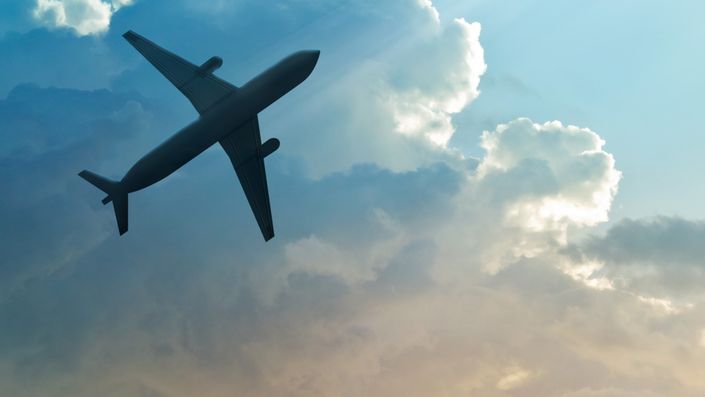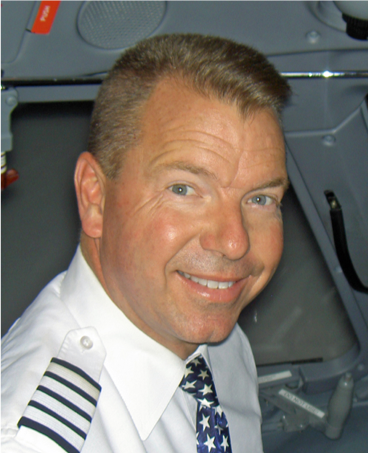
Industry-Standardized Nose High/Low Upset Recovery Templates
Applied Techniques and Considerations for all Airplanes
Watch Promo
In a time-critical, life threatening airplane upset, doing what comes naturally in the normal envelope may be inappropriate, incorrect, or even catastrophic...
Designed through collaboration by many of the world’s largest aircraft designers and manufacturers, these standardized recovery templates carefully consider the most important factors, and what must be done for safe and effective recovery from nose-low and nose-high aircraft upsets. Adopted by the International Civil Aviation Organization and all major regulatory agencies worldwide, these templates can be utilized for all fixed-wing aircraft.
* If you are interested in other online APS courses, the All Access Pass includes a full year of access to all of the courses in the APS academy as well as bonus content including expert webinars and important industry updates.
Course Curriculum
-
StartPart 1: Definitions (6:56)
-
StartPart 2: Causes of Upsets (5:29)
-
StartPart 3: Human Factors of Upsets (8:32)
-
StartPart 4: Flight Training Deficiencies and Simulator Limitations (11:48)
-
StartPart 5: Development of the Recovery Templates in AC 120-111 (5:04)
-
StartPart 6: Introduction to the Nose High Recovery Template (11:14)
-
StartPart 7: Expanded Nose High Recovery Template (13:37)
-
StartPart 8: Introduction to the Nose Low Recovery Template (8:58)
-
StartPart 9: Expanded Nose Low Recovery Template (12:26)
-
StartPart 10: Summary of Recovery Templates (5:57)
Frequently Asked Questions
Get started now!
Your Instructor

Clarke is based at APS Headquarters at the Phoenix-Mesa Gateway Airport (KIWA) in Mesa, Arizona USA. His career spans a wide spectrum of aviation to include: the US Navy an F/A-18 Hornet fighter pilot, commercial flight operations as an airline captain at a major US air carrier, as well as general aviation experience starting as a teenager with his own airplane in light pistons, that later expanded into gliders and float planes. Clarke has over 15,000 flight hours, is a 6-time Master CFI, and is now in his 17th year specializing in the development and delivery of APS' world-class Upset Prevention and Recovery Training (UPRT) solutions.
More on Capt. McNeace: apstraining.com/mcneace
